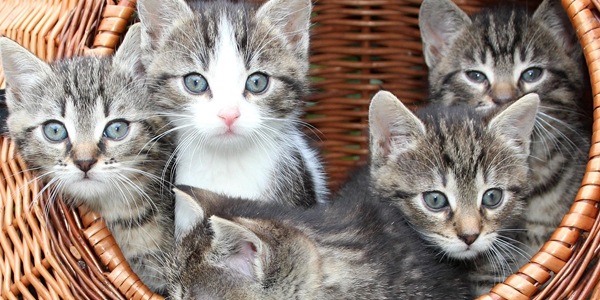Cats get infected with feline immunodeficiency virus (FIV) primarily through deep bite wounds inflicted by other infected cats during fights. Here’s a breakdown of how and why this happens:
🧬 How FIV Spreads
- Bite wounds: The virus is present in the saliva of infected cats, and transmission usually occurs when an infected cat bites another. This makes outdoor, unneutered male cats—who are more likely to fight—especially vulnerable.
- Rare transmission: In rare cases, an infected mother cat may pass the virus to her kittens, especially if she becomes infected during pregnancy.
- Not spread by casual contact: FIV is not easily transmitted through grooming, sharing food bowls, or litter boxes.
🧠 Why It’s Dangerous
Once inside the body, FIV attacks and weakens the immune system, particularly targeting white blood cells. This makes cats more susceptible to:
- Chronic infections (skin, respiratory, urinary)
- Inflammation in the mouth and gums
- Weight loss, fever, and lethargy
- Neurological issues and even cancer in some cases.
🛡️ Prevention Tips
- Keep cats indoors to reduce exposure to aggressive or infected cats.
- Test new cats before introducing them to your household.
- Neuter male cats to reduce territorial aggression and fighting.
FIV is similar to HIV in humans in how it affects the immune system, but it’s only contagious among cats—not to humans or other animals.
Check here, https://www.ringbio.com/products/pet/feline-immunodeficiency-virus-rapid-test-kit

